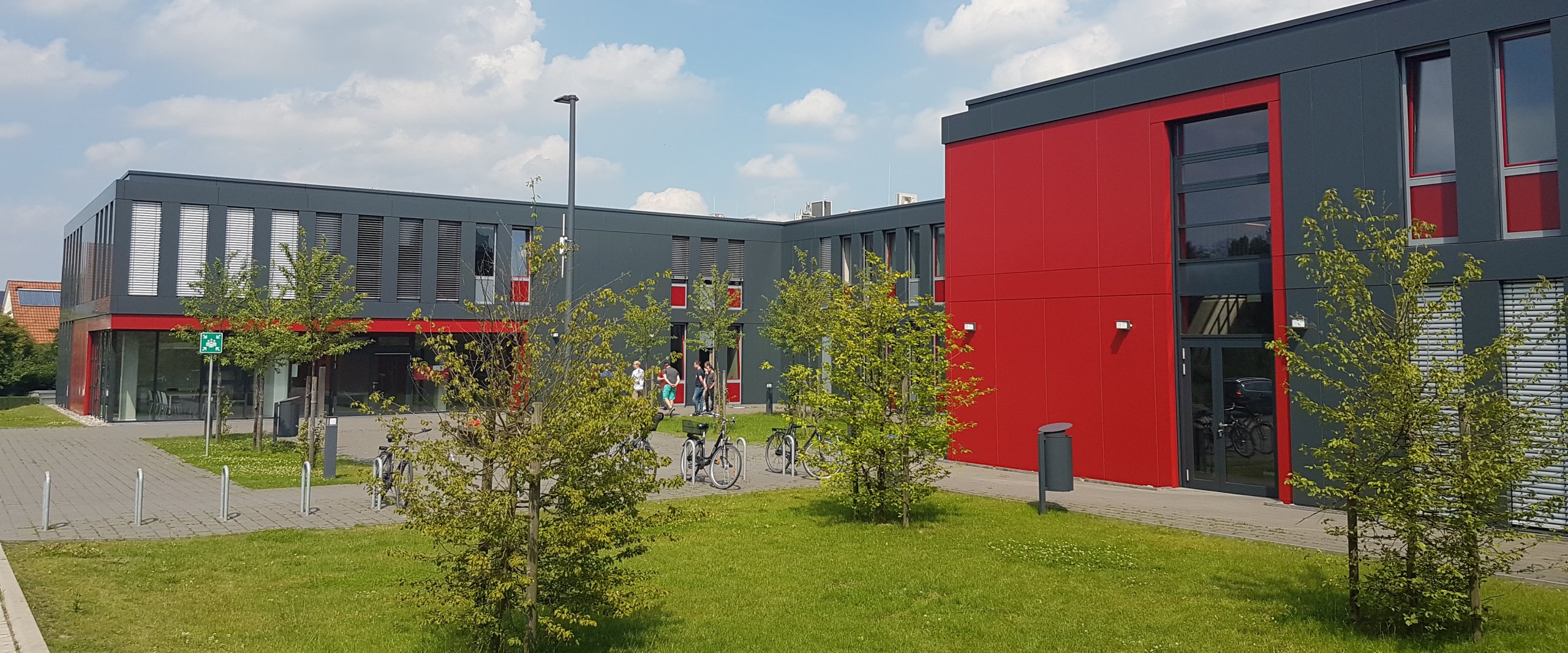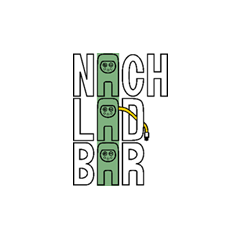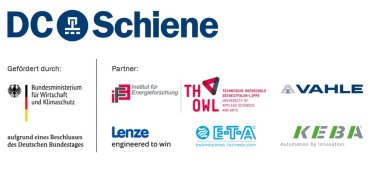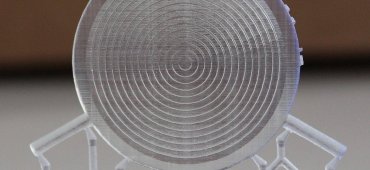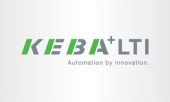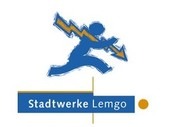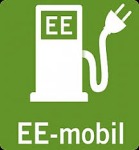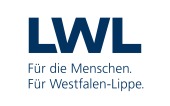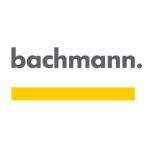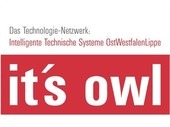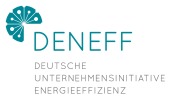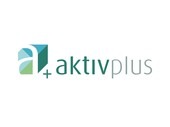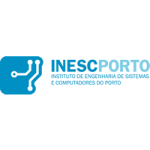NachLadBaR: Nachhaltige Ladeelektronik aus Basis flexibler leistungselektronischer Bausteine und Recyclingstrategien
Electromobility is an important building block for reducing CO2 and achieving climate targets. A prerequisite for the widespread use of electric vehicles is a demand-oriented expansion of the charging infrastructure. Systems currently in use are tailor-made for their respective application purpose and location. A lack of plug-and-play compatibility prevents a subsequent expansion to higher performance and new technologies. Moreover, if a component ages critically, the entire system must be replaced, even if the other components are intact.
The NachLadBaR research project is investigating sustainable charging systems based on flexible power electronic building blocks. The so-called "Power Electronic Building Blocks" (PEBBs) enable a charging system to be set up across manufacturers, generations and technologies. The modular design also allows individual modules to be replaced in the event of a fault. Furthermore, intact modules can be reused within the framework of a 2nd life strategy, also in other applications.
The focus of TH OWL in this project is on model-based testing and optimisation. In the first research focus, methods and procedures are developed that allow several PEBBs operated cooperatively as one unit to be tested systematically. In the second research focus, multiobjective methods are used. The end user is given procedures with which these contradictions can be balanced out from a set of partially contradictory objective functions. Specifically, the choice of operating point and load distribution between the PEBBs are considered.

